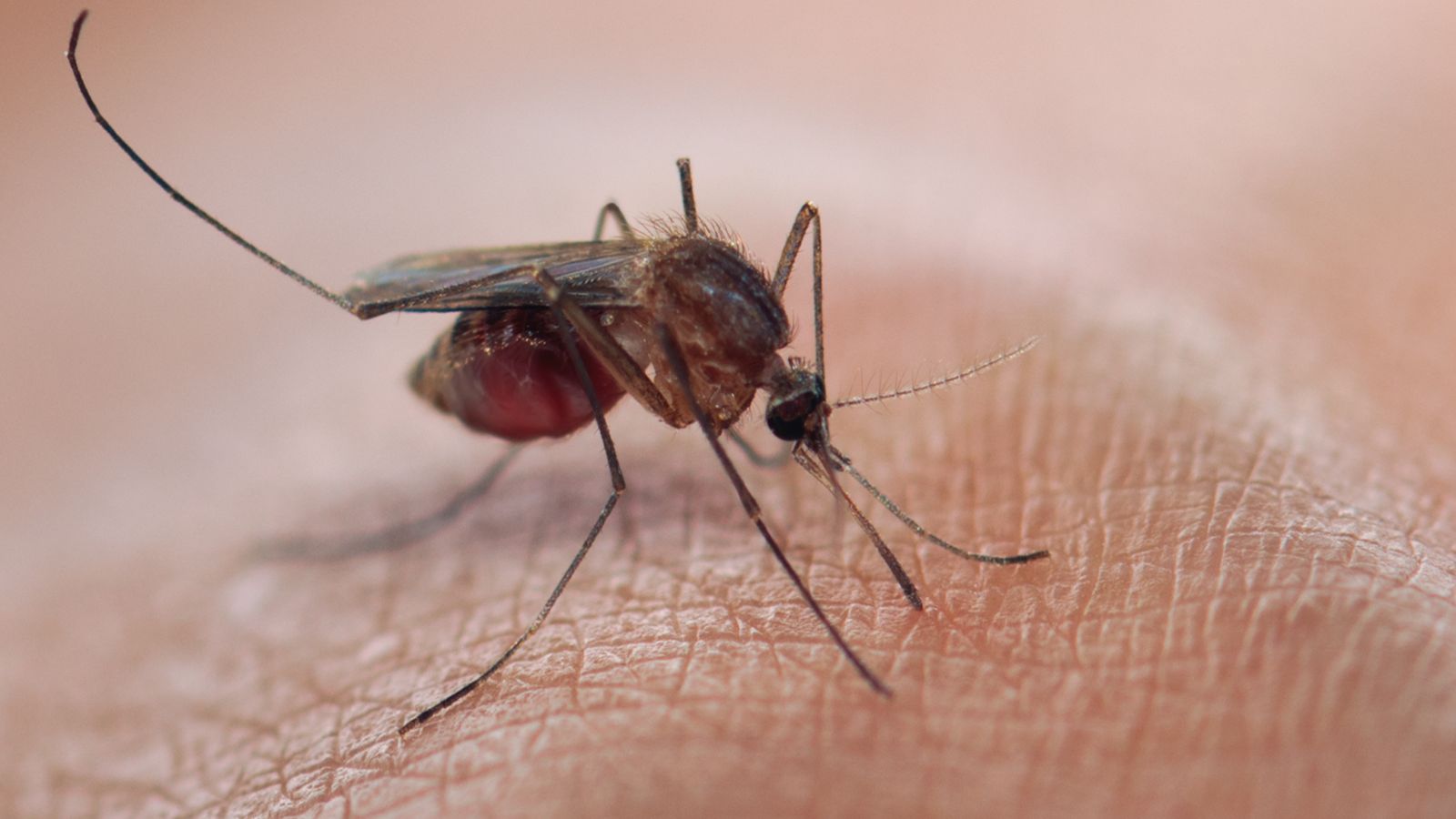The German pharmaceutical group behind one of the most successful COVID-19 vaccines wants to use the same technology to develop a malaria vaccine.
BioNTech, who developed the first coronavirus jab with US company Pfizer, is aiming to begin clinical trials for a “safe and highly effective malaria vaccine” by the end of next year.
According to the World Health Organisation (WHO), there were an estimated 229 million cases of malaria globally in 2019, with about 409,000 deaths that year.
The WHO estimates that children under five accounted for 67% of deaths in 2019 and 94% of cases and deaths were in Africa.
Biotech’s chief executive Ugur Sahin said: “We are already working on HIV and tuberculosis, and malaria is the third big indication (disease) with a high unmet medical need.
“It has an incredible high number of people being infected every year, a high number of patients dying, a particularly severe disease and high mortality in small children.”
But Mr Sahin acknowledged the project is at a very early stage and there is no guarantee of success.
He added that the company believes it is “the perfect time to address this challenge” because of insights gained from developing an mRNA vaccine against COVID-19.
Malaria is a parasitic infection passed on to victims through the bite of infected mosquitos – that evades recognition by the immune system, said Mr Sahin, adding the goal is to develop a vaccine that makes the parasite visible and attackable.
There is currently only one malaria vaccine – Mosquirix – which took GlaxoSmithKline several years to develop but is only 39% effective.
“The genome of Plasmodium, the parasite that causes malaria, is more complex than viruses,” cautioned Prakash Srinivasan, an assistant professor at Johns Hopkins Bloomberg School of Public Health.
Researchers at Oxford’s Jenner Institute are also developing a potential new malaria vaccine that has shown promise in a year-long trial.
BioNTech also plans to run tests on a vaccine for tuberculosis in 2020, as well as nine jabs against nine different infectious diseases.


